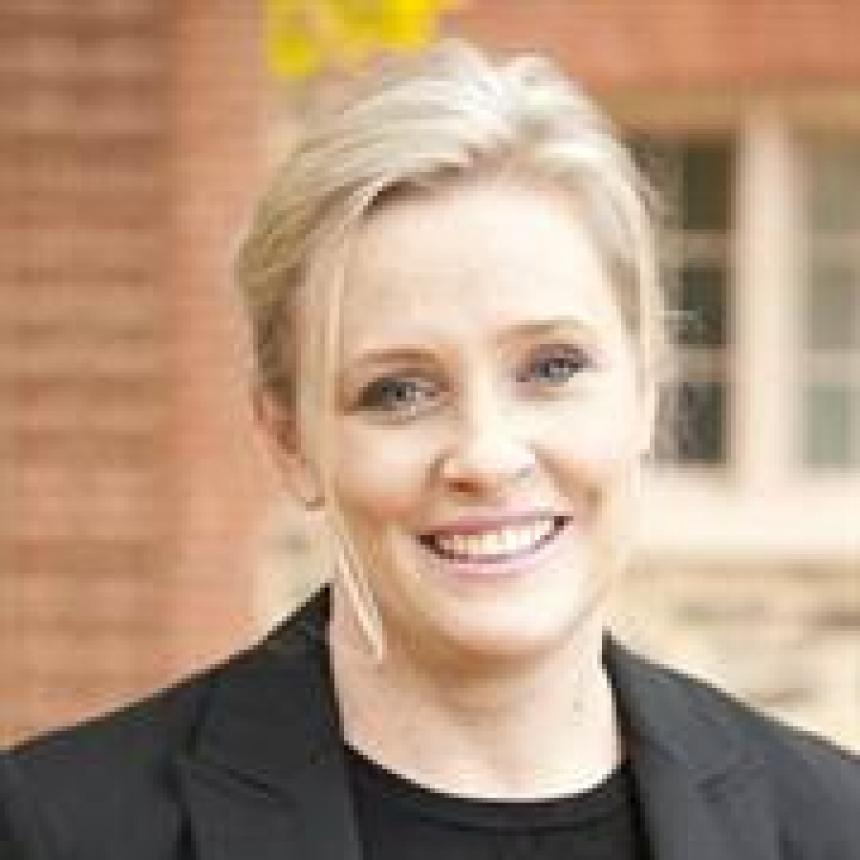How machine learning can drive improved housing for better health in vulnerable Australians

Emma Baker, Professor of Housing Research at the Stretton Institute, University of Adelaide and Academic Partner at AIML.
Machine Learning is at the centre of a new research push to improve health through tackling poor housing in Australia’s most vulnerable populations.
“The COVID-19 pandemic has made the link between health and housing abundantly clear – high density apartments in Melbourne, and poor ventilation systems in aged care homes are just two examples that come to mind,” said Emma Baker, Professor of Housing Research at the Stretton Institute, University of Adelaide and Academic Partner at the Australian Institute for Machine Learning.
“We must seize this moment to improve the health of Australians through developing housing policy that is future-focused and evidence-based.”
Professor Baker is Deputy Director of the new Centre of Research Excellence in Healthy Housing, funded by the National Health and Medical Research Council.
“Rental housing tenants, Indigenous Australians and other high-risk groups need housing that is designed and distributed differently,” said Professor Baker.
“Our work at the HeaIthy Housing Centre of Research Excellence will create new evidence relating to housing that informs health policy and leads to better decisions around housing across the country.”
Application of machine learning in this research will ensure the people who need it the most are targeted by new housing intervention programs.
“In vulnerable populations, even a small change in housing can have a big positive impact on health,” said Professor Anton Van Den Hengel, Co-Director of the Australian Institute for Machine Learning and co-investigator at the new Centre of Research Excellence in Healthy Housing.
“With machine learning we can do incredibly fine-tuned analysis to make sure new housing policies are targeted very precisely to vulnerable people, to those most in need.”
The machine learning approach uses databases of anonymised housing and health data to help researchers identify high risk characteristics that would be invisible using more old-fashioned statistical tools.
“Machine learning means you’re more likely to get better ‘bang for your buck’ when spending public money on housing policies targeting health,” said Professor Van Den Hengel.
Read more about how machine learning can help create better housing at the Centre of Excellence in Healthy Housing website.
Story written by Dr Sarah Keenihan, AIML
